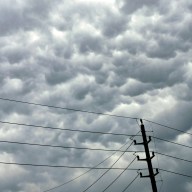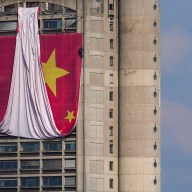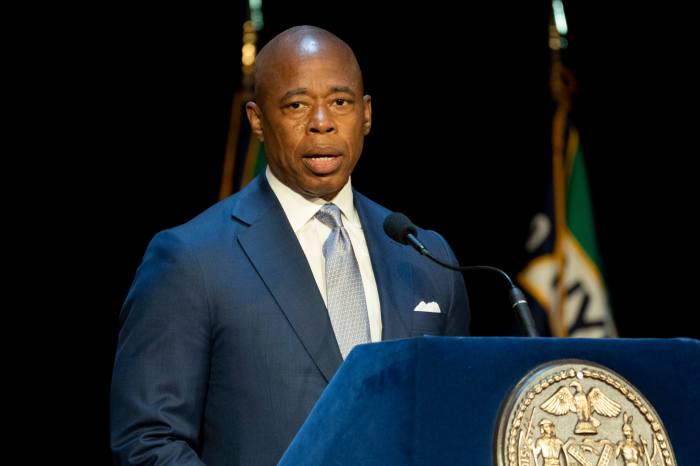PANAMA CITY – Canada’s flurry of free-trade deals proceeded apace as Prime Minister Stephen Harper announced the conclusion of a trade pact with Panama on Tuesday.
Harper attended a signing ceremony at the presidential palace with Ricardo Martinelli, the country’s president, during a brief stop in Panama City at the end of a three-day Latin American swing.
The fast-growing Central American nation becomes the eighth country to reach such a deal with Canada over the last year.
At a news conference, Harper said Canada is pursuing trade deals with individual countries because global trade talks do not seem to be making progress.
He said he believes a similar conclusion may be motivating the European Union in seeking a free-trade deal with Canada.
And Canada can move ahead in this direction while the United States appears to have slowed down the pace of its trade negotiations with potential partners, the prime minister said.
Panama’s economy grew at a blistering rate of 9.2 per cent in 2008, with poverty levels dropping in recent years and skyscrapers rising in the nation’s capital.
Canadian merchandise exports to Panama were a mere $128 million last year – but that modest sum represented a 48 per cent increase from the previous year.
Harper saluted Martinelli on his recent landslide election win, and expressed his delight that the new conservative president campaigned on a promise of trade liberalization.
“You talked about the need, especially during these difficult times, to open doors to neighbours and allies,” said the prepared text of Harper’s speech.
“I couldn’t agree more. We must remember that the prosperity generated around the world in the last part of the 20th century and the beginning of the 21st has been unprecedented in human history.”
“Removing protectionist barriers and easing trade restrictions helped to usher in this extraordinary era.”
The deal must be approved by Parliament.
Once enacted, it would immediately eliminate more than 90 per cent of tariffs on Canadian exports like potatoes and other agricultural exports, and high-tech machinery like flight simulators. Other tariffs would be eliminated within 10 years.
Canada has been busily pursuing trade deal with individual countries and small groups of countries while larger-scale liberalization talks – including a proposed global deal through the World Trade Organization and a Free Trade Area of the Americas – appear stalled.
Canada has reached trade deals in recent months with four European countries and Peru. Agreements with Colombia and Jordan have also been signed but not yet implemented.
Canada also plans trade pacts with the EU, India, South Korea, and a number of countries in the Americas.
Canada exported more than six times more merchandise than it imported from Panama last year.
After a visit to the palace, and a news conference, Harper was to tour the Panama Canal before heading back to Ottawa.
The expansion of the world transport hub is a key element of the economic growth forecast for this country over the coming years.
Panama’s economic boom has stemmed largely from banking, shipping and services related to the transport sector.
Harper began his Latin America trip Sunday with a North American leaders’ summit in Mexico.
At that meeting, he talked up Canada’s pursuit of trade treaties and warned of the dangers of protectionism.
Sources inside the meeting said he has raised those fears so often with Barack Obama that, on Monday, he prefaced his remarks to the U.S. President by saying: “I hate to sound like a broken record. But I feel strongly about this issue.”
















